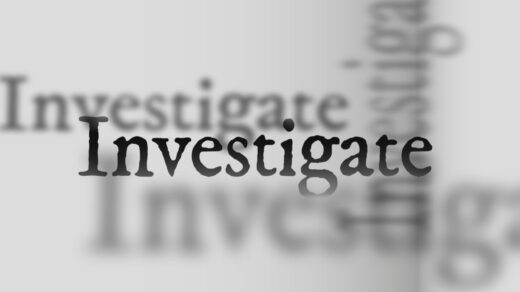Section 20 of the Societies Act in Kenya establishes a crucial regulatory oversight mechanism by mandating that no registered society can make certain amendments or take specific actions without the prior written consent of the Registrar.
Let’s delve into the key provisions of Section 20.
Consent Requirement (Subsection 1)
No registered society is allowed to:
(a) Amend its name, constitution, or rules.
(b) Become a branch of, or affiliated to or connected with, any organization or group of a political nature established outside Kenya.
(c) Dissolve itself.
Prior written consent from the Registrar is mandatory for any of the actions listed above.
Consent is obtained by submitting a written application to the Registrar, signed by three officers of the society.
Application Procedure (Subsection 2):
Any application to the Registrar for the actions specified in subsection (1) must be accompanied by:
A copy of the minutes of the meeting where the resolution for the proposed action was passed.
The copy must be certified as a true copy by three officers of the society.
The application, along with the required documents, should be delivered to the Registrar within fourteen days of passing the resolution.
Consequences of Contravention (Subsection 3)
Any registered society that contravenes the provisions of this section is deemed guilty of an offence.
Significance of Section 20
Registrar’s Regulatory Oversight
Section 20 empowers the Registrar to oversee and regulate critical changes within registered societies, ensuring that amendments to names, constitutions, affiliations, or dissolutions are subject to regulatory scrutiny.
Prevention of Unauthorized Actions
By requiring prior written consent, the section prevents societies from making significant changes without the necessary regulatory approvals, safeguarding against unauthorized actions that could impact the society’s structure or affiliations.
Transparent Application Process
The specified application procedure, including the submission of certified minutes, promotes transparency and accountability, ensuring that the Registrar has access to accurate records regarding the decision-making process within societies.
Legal Consequences for Non-Compliance
The provision of declaring non-compliance as an offence establishes legal consequences, reinforcing the importance of adhering to the consent requirement.
Conclusion
Section 20 of the Societies Act in Kenya serves as a fundamental regulatory safeguard, requiring registered societies to obtain the prior written consent of the Registrar before making significant changes.
This ensures transparency, accountability, and regulatory oversight, contributing to the overall integrity and stability of registered societies.




